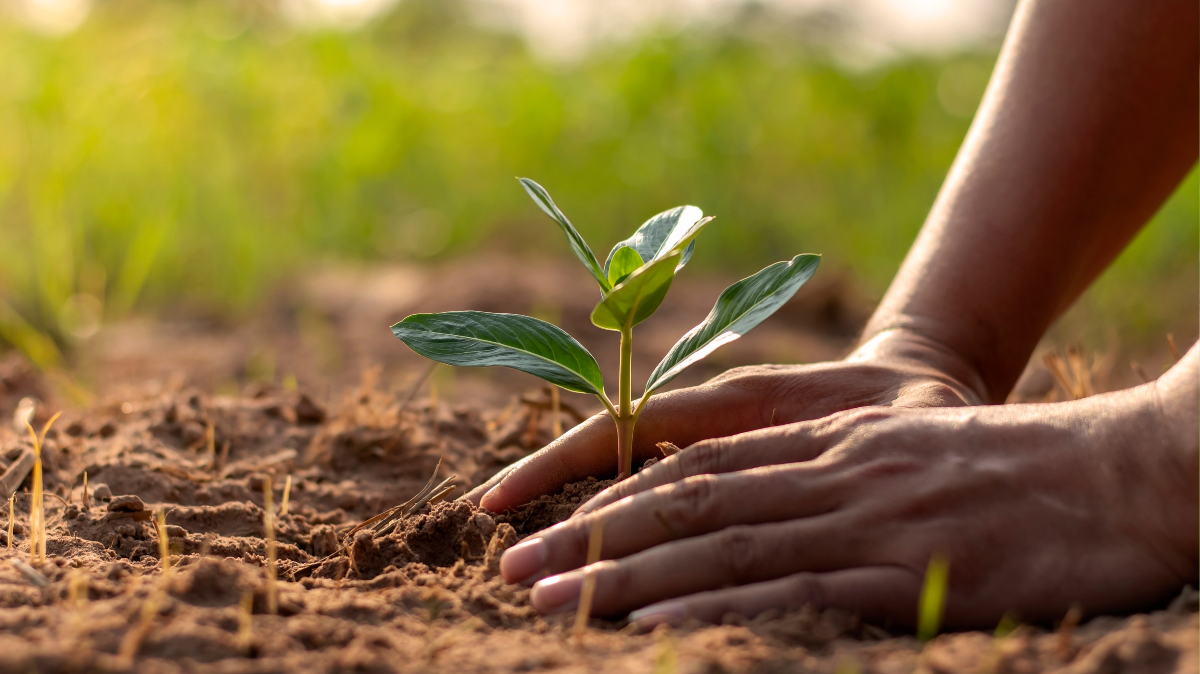Faculty, specialists, and students define, investigate, and integrate the One Water concept into One Health to examine the impacts of emerging chemical contaminants and pathogenic microorganisms. Their work provides critical information for the integrated management of waterways. This hub focuses on the serious health risks that result from inadequate access to safe, reliable surface, ground, and drinking water, beaches, and fisheries. Their work addresses:
- Water access and household water insecurity
- Waterborne pathogens and contaminants such as PFAS
- Wastewater community health surveillance
- Food safety
- Risk assessment and management
- Water, wastewater, and stormwater infrastructure
Hub co-leads: Wade Syers, MSU Extension and Hui Li, Department of Plant, Soil and Microbial Sciences.

What are PFAS, and how do they show up in Michigan’s water? This 2-minute video explains how these “forever chemicals” move through the environment, what researchers are doing to track them, and what it means for our communities.

This Pride Month, the MSU Water Alliance is highlighting LGBTQ+ voices in water research—faculty whose work is reshaping how we understand equity, infrastructure, and public health.
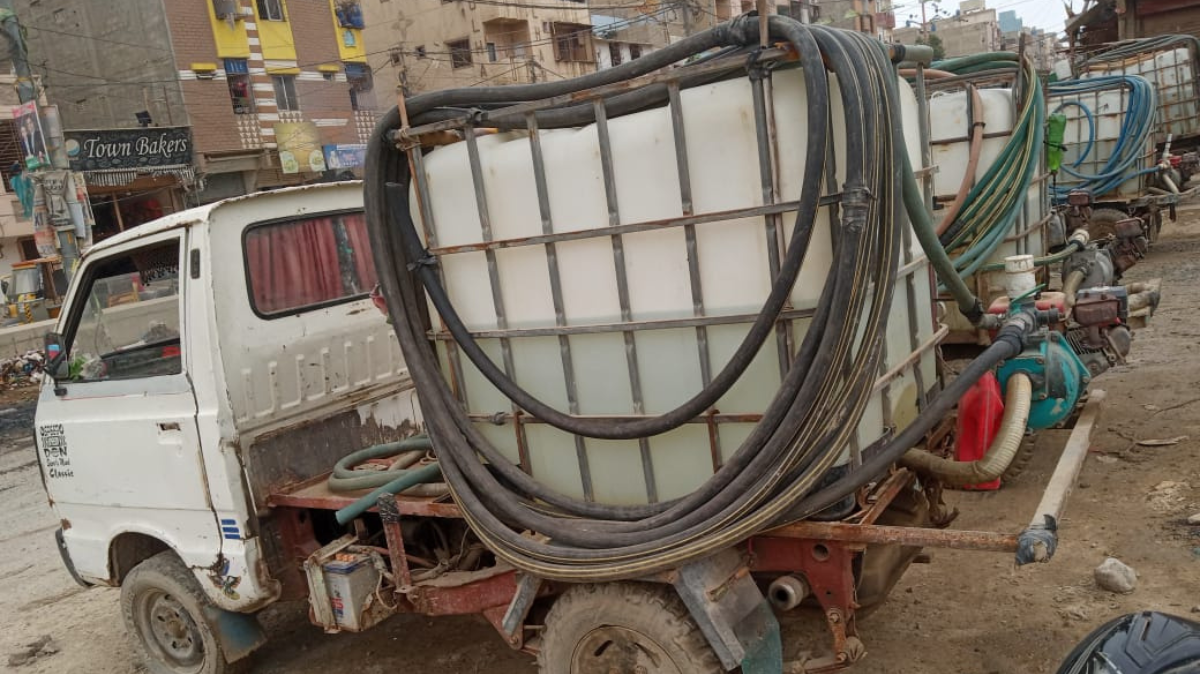
In the humid heat of Karachi—Pakistan’s largest city and home to more than 20 million people—a tanker truck connects to a fire hydrant and begins siphoning water. This is not unusual. These tankers are part of what’s known as the “water mafia”.
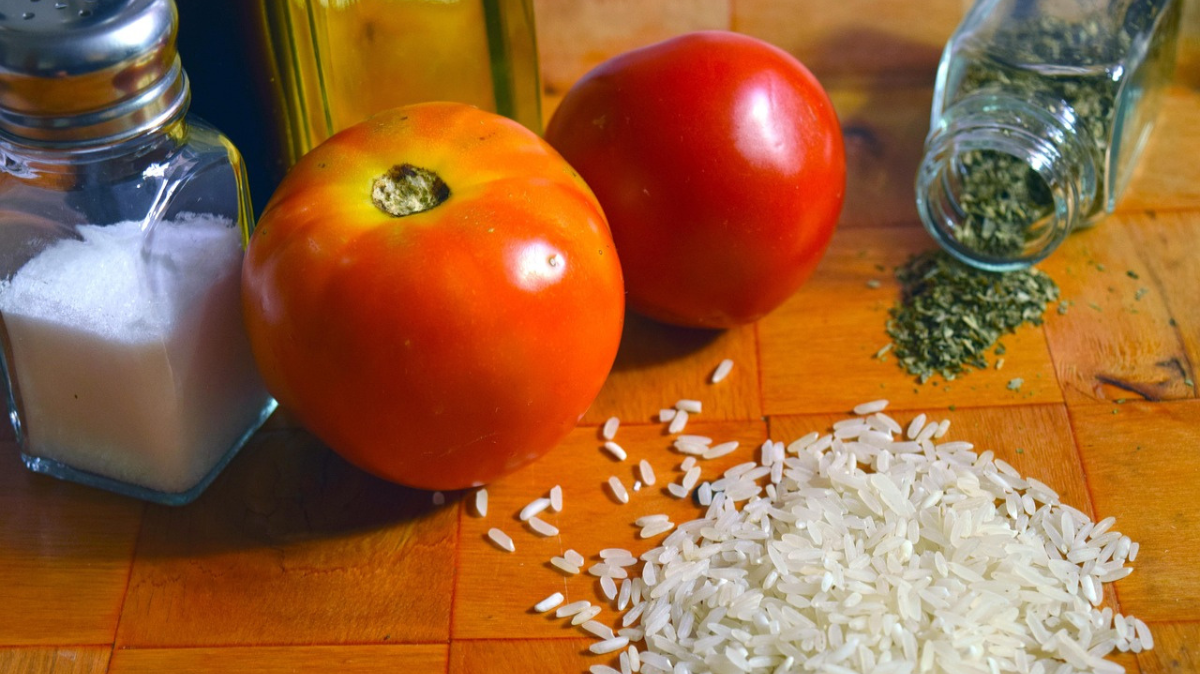
Research from MSU College of Agriculture & Natural Resources (CANR) faculty members Felicia Wu and Christian Kelly Scott is calling the health benefits of brown rice into question.
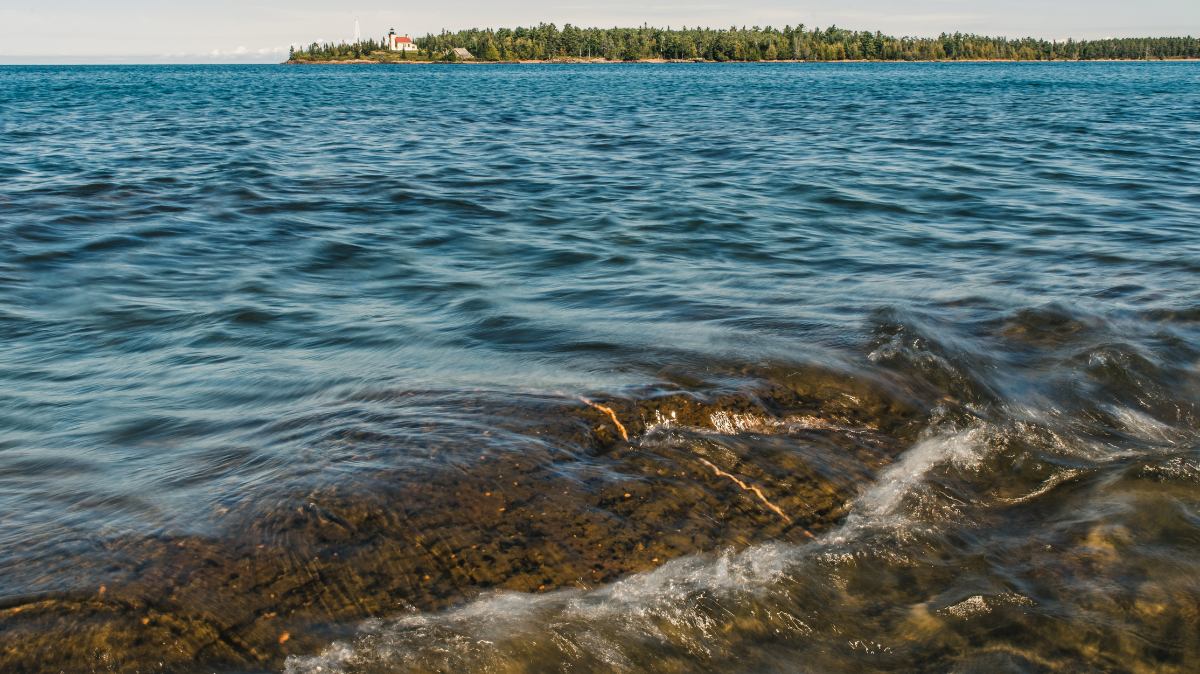
In a world that feels unpredictable, Michigan State University is meeting the moment by creating practical climate solutions today that will ensure a more sustainable and secure future.
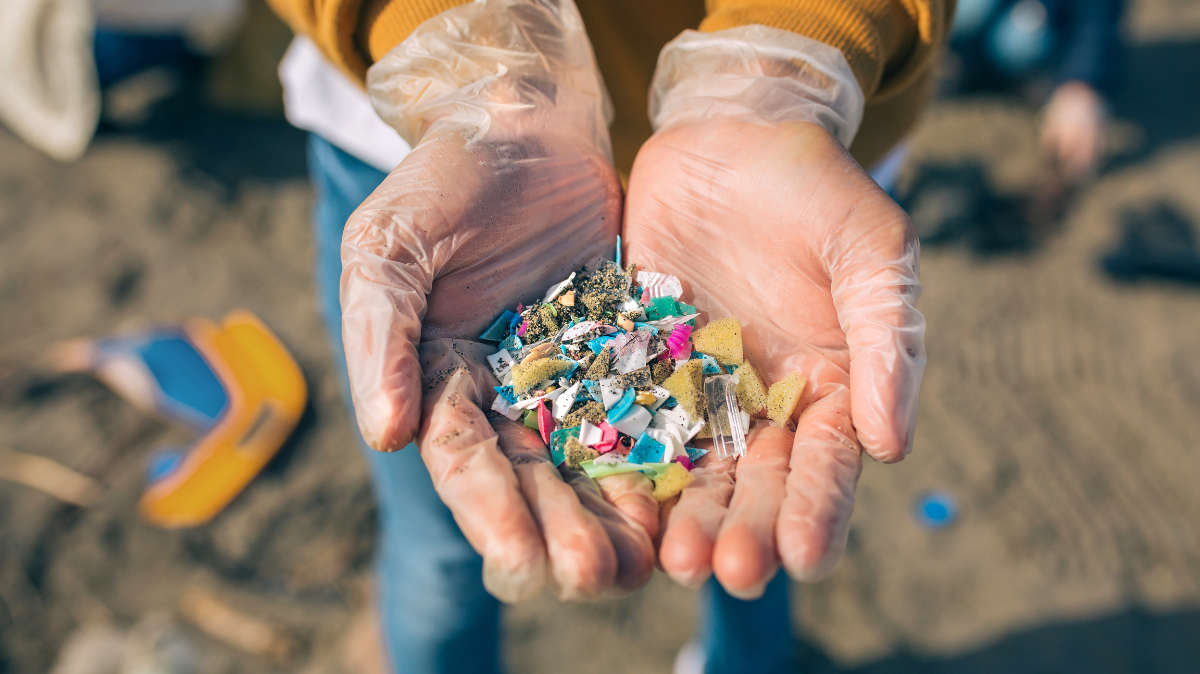
Flexible plastic packaging is ubiquitous but problematic, as it degrades into microplastics that pollute our water, food, and air.
Explore One Health Stories
- Spartans Making A Difference: Flushing out COVID, tech, and tide charts
- Spartans Making A Difference: Microbes, machines, and the future of your food
- Toxic foam?
- MSU professor’s fresh water mission
- MSU water expert honored for career protecting public health
- Ask the expert: Using Detroit's wastewater as a public health tool
- Student view: Exploring water insecurity
- Hurricanes causing mortality, major damage: MSU experts can comment
